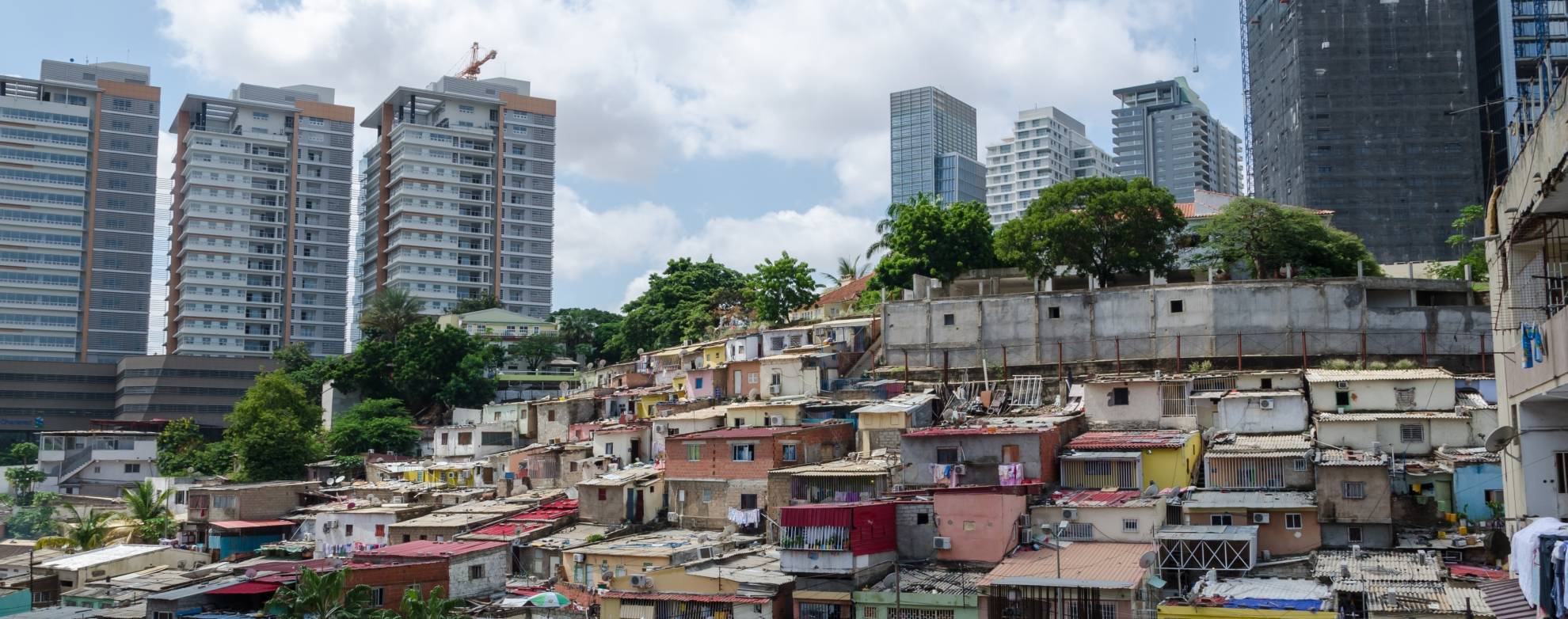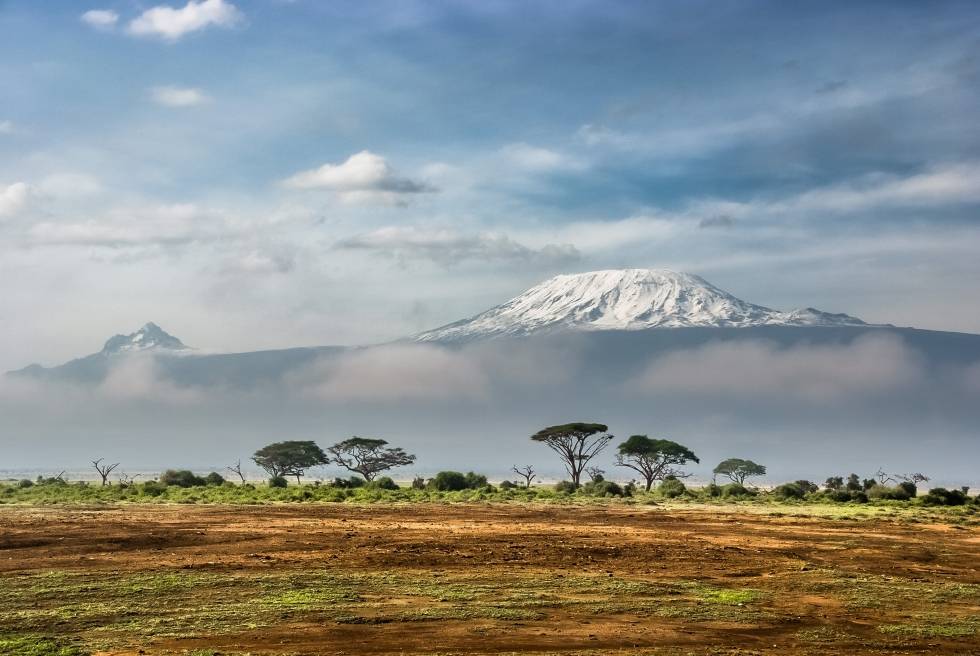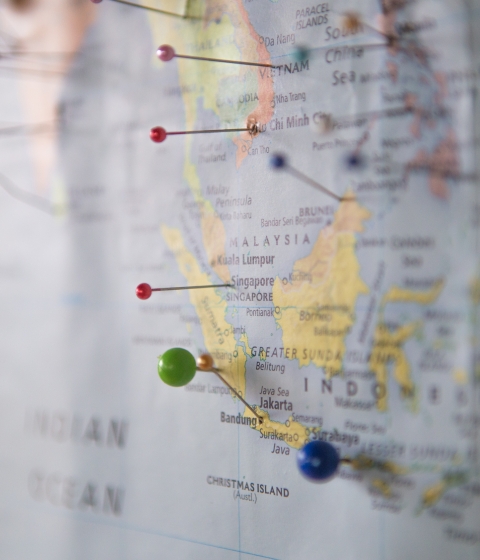The Pros and Cons of expat life in Luanda

The pros and cons of expat life in Luanda, Angola
It’s not the most popular holiday destination; indeed, many people would struggle to name the capital of Angola. But Luanda is an important professional expat location because of the wealth of natural resources in the ground. The world’s major oil and mining companies are all represented. They send experienced staff to Angola to oversee and manage their operations, but many are unprepared for the experience that awaits them. With so little known about the former Portuguese colony, we thought we would assess its strengths and weaknesses from an expat perspective.
Pros: a fascinating experience
When Angola emerged in 2002 from a bloody, 30-year civil war, the oil and mining giants moved in as soon as it was safe to do so. The result is that Luanda has seen a colossal injection of cash and attention from the rest of the commercial world. Infrastructure redevelopment has followed over the last 15 years at a breakneck pace. The city has been called the new Dubai, and living in Luanda is like nowhere you’ve been before: to witness the transformation first-hand is a fascinating experience. Bear in mind, however, that it is also volatile. Because oil exports make up 70% of Angloa’s GDP, the slump in prices hit the country hard last year, when growth reduced to 2%.
Cons: life is expensive
You might think that the most expensive expat destinations would be those with the highest standard of living, such as Switzerland or Singapore. However, it is Luanda that sits at the top of the Mercer Cost Of Living index. Living there will cost you (or more probably your company) a small fortune. The reason for the expense is complex, but boils down to the fact that Western expats create a demand for goods that need to be imported, and they want secure accommodation that is expensive to maintain. One Angolan expat reports that their hotel cost $400 per night. But because they are making so much money, Western companies are prepared to foot the bill. It is also important to remember that official (and sometimes unofficial) taxes are levied at every turn to maximize revenue from the wealthy visitors, making it a very expensive place to live.

Pros: earnings potential is high
Expat salaries attract a premium in Luanda. Partly, this is a reflection of the sought-after skills needed to manage the lucrative mining and drilling operations in the country, but it is also down to the “hardship” factor of working in Luanda. Note, however, that there can be restrictions on moving money from Angolan accounts, so keep this in mind when negotiating how – and how much – you are remunerated.
Pros: a rich history and natural environment
Luanda has had an eventful past, and features a few interesting old colonial buildings such as the Iron Palace (Palácio de Ferro), a striking yellow building with fine wood details and decorative fencing. Built by world-renowned architect Gustave Eiffel it was originally destined for Madagascar but never made it – and has recently opened up as a diamond museum. The sea front has been the focus of redevelopment and many of the luxury hotels can be found there.Walking along the esplanade – called Avenida 4 de Fevereiro, but locally known as the “Marginal” – gives you both a sea breeze (a welcome relief from the heat) as well as beautiful views of the harbour. And of course African wildlife is on your doorstep with elephants, giraffes and zebra roaming freely at the nearby Parque Nacional do Quicama.
Cons: security
If the idea of strolling around the town appeals, be careful. And do it in the daylight. Whilst the authorities are trying their hardest to make Luanda a safe place for expats, they have not yet succeeded. Almost all expats live in hotels and apartment blocks with rigorous, 24-hour security. This contributes to the sky-high cost of living, but online accounts of crime and theft suggest that it is absolutely necessary.
Summary
Luanda is not a classic ‘bucket list’ destination. If you want to see Africa, there are more developed, more stable and more accessible countries to do it from. Yet the opportunities are tempting, both professionally and financially, and the expat experience is a fascinating one. There is a high-security bubble in which most expats live their lives, but then is largely down to the fact that high-earning expats share the same city as less well-off locals. The expat who respects this, and takes advantage of both the location and the opportunity, will make the most of their time in Angola.



